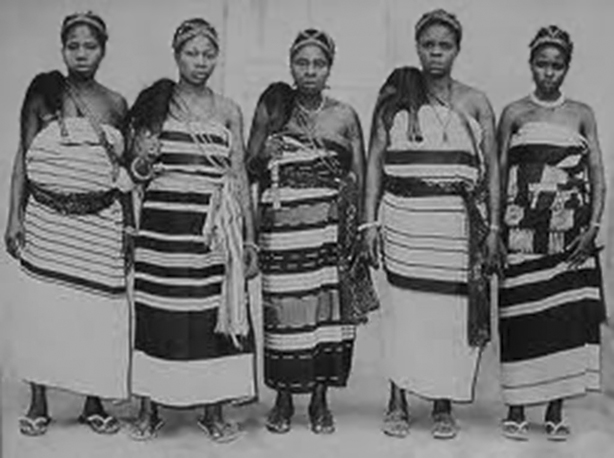Nigeria

The Women’s War, or Aba Women’s Protest (Igbo: Ogu Umunwanyi; Ibibio: Ekong Iban), was a period of unrest in colonial Nigeria over November 1929. The protests broke out when thousands of Igbo women from the Bende District, Umuahia and other places in eastern Nigeria traveled to the town of Oloko to protest against the Warrant Chiefs, whom they accused of restricting the role of women in the government. The protest encompassed women from six ethnic groups (Igbo, Ibibio, Andoni, Ogoni, Efik, and Ijaw).
It was organised and led by the rural women of Owerri and Calabar provinces. The modus operandi of the protests involved ‘sit-in’ by the women. During the events, many Warrant Chiefs were forced to resign and 16 Native Courts were attacked, most of which were destroyed. It was the first major revolt by women in West Africa. In 1930 the colonial government abolished the system of warrant chieftains, and appointed women to the Native Court system. These reforms were built upon by the African women and have been seen as a prelude to the emergence of mass African nationalism.